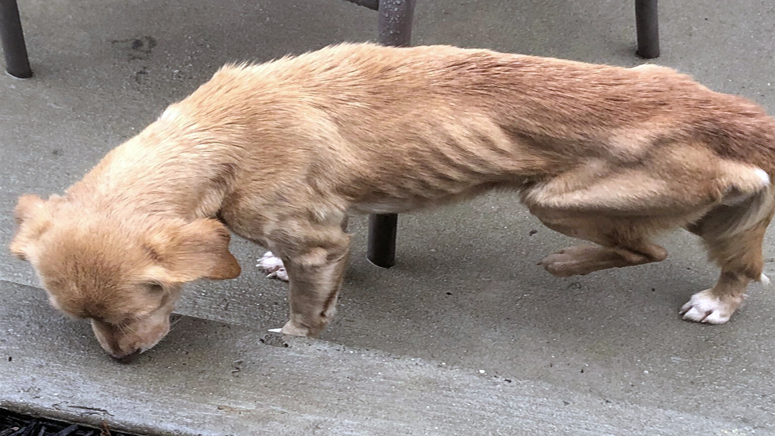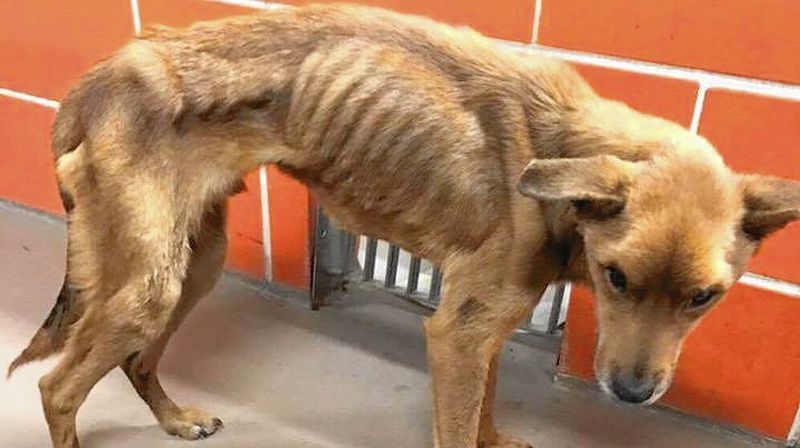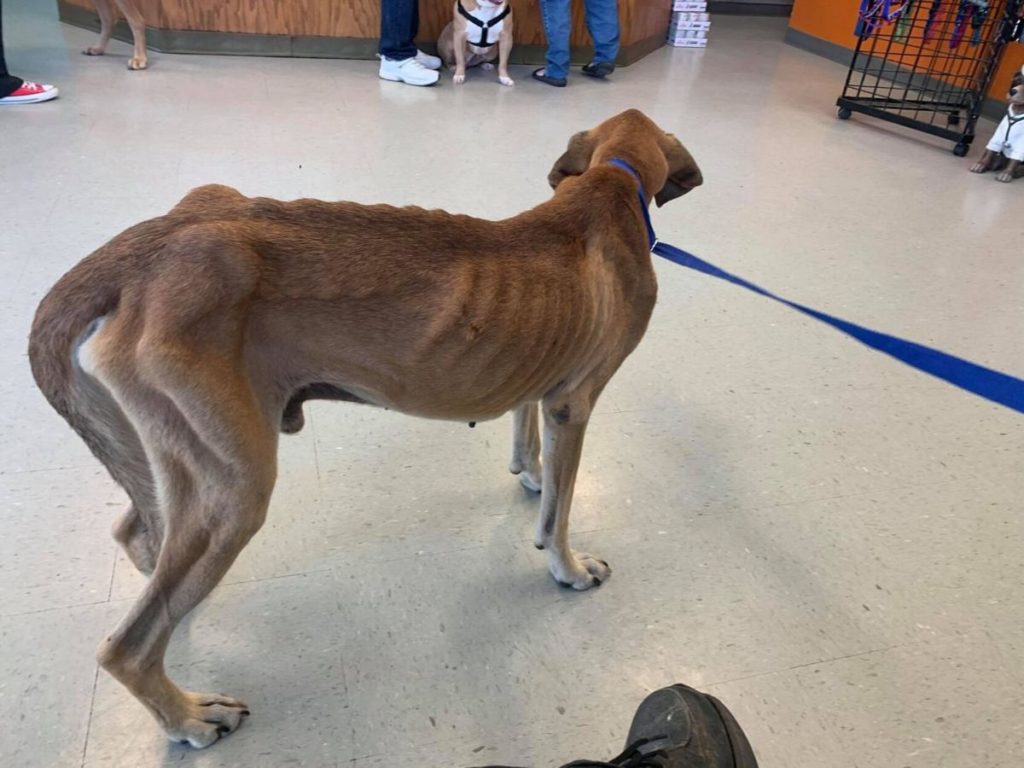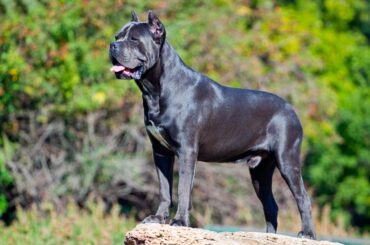Malnutrition in dogs occurs when the animal’s body is unable to obtain or absorb essential nutrients. Regardless matter the cause, if left untreated, a malnourished dog might suffer serious repercussions. If your dog continues to lose weight despite no changes in his diet or other lifestyle modifications, it could be suffering from malnourishment in dogs as a result of an undiagnosed health problem. Even if you are the greatest coach in the world, providing him with food, drink, love, and plenty of playtimes, he can succumb to malnutrition. That is why any changes in your pet’s health or behavior should be monitored on a frequent basis.
A lean or emaciated appearance is the easiest symptom of malnourishment in dogs. Normal physiological functioning will be hampered if critical nutrients are not taken in, resulting in a variety of negative effects. If your dog is exhibiting signs of malnutrition in dogs, a veterinary practitioner should assess the animal’s gastrointestinal health and daily diet in order to devise an effective treatment strategy. Nutrition is an important aspect of canine health that should be monitored and managed throughout your dog’s life. To live a happy, healthy life, your dog requires a complete diet that includes carbs, fats, proteins, vitamins, and minerals. However, it’s far more difficult to tell whether or not dogs are getting what they require.

When a dog does not acquire these important nutrients, it shows there is malnutrition in dogs and it can develop a variety of health problems, including weakness, lethargic behavior, and even death. Although animal maltreatment is the most common cause of malnutrition, this can also be caused by a number of other less-well-known reasons. Based on the intensity of the problem, you may not be able to solve it. If you come across a dog that is starving, he will almost certainly require medical attention from a skilled veterinarian.
Table of Contents
Causes of Malnutrition in Dogs
- Health Problem
Take your dog to the vet if he starts acting strangely, has a change in coat health, or is exhibiting unusual behavior that results in a lack of appetite. Once there, your veterinarian will be able to undertake a variety of tests to see if your pet is suffering from any health problems.
- Diet of Poor Quality
To stay happy and healthy, dogs need a well-balanced diet rich in vitamins and minerals. When certain nutrients are absent from a dog’s diet, he will begin to show signs of malnutrition.
- Parasites
Parasites are one of the most common causes of malnutrition in dogs. Even if you exercise your dog every day and offer him nutritious food, he can become malnourished. This is because an animal’s body is unable to absorb the nutrients in its food when it has a parasite infestation, resulting in a nutrient deficit.

- Underfeeding
If left untreated, dogs who have been underfed may show signs of canine lethargy, will appear underweight and may develop other health concerns. If your dog appears to be thinner than usual, make sure he gets plenty of nutrition.
Symptoms of Malnutrition in Dogs
There are a number of measures that your pet isn’t getting enough nutrients in one way or another. The following are some symptoms that their diet has to be checked: Nasty breath, Body odor, Dandruff, Dull coat, Excessive shedding, Flatulence, Fur loss, irregular bowel motions, Increased allergies, Skin diseases, Weight loss, Stunted growth, Bowed limbs and Frequent infections.
Diagnosis of Malnutrition in Dogs
A physical examination, which includes routine tests such as a urinalysis, a biochemical profile, and a full blood count, will be performed on a dog who is exhibiting signs of malnutrition in dogs. This examination will aid the veterinarian in determining whether your pet is overweight or underweight, as well as the health of the liver and kidneys. A fecal float can be used to find out whether there are any parasites in the system, and skin samples can be studied microscopically if the skin has been impacted by starvation. The patient’s daily diet and exercise levels will be investigated after any underlying illnesses or diseases have been addressed or eliminated.

Management of Malnutrition in Dogs
Treatment will depend on your dog’s condition and the reason for his malnutrition. If your dog has parasites, your veterinarian will prescribe a deworming treatment. In more serious situations, rigorous therapy may be required. Changes to the dog’s diet will be recommended in the vast majority of cases; these changes can include things like switching the animal’s usual food, increasing or decreasing their activity levels, and occasionally even adding supplemental vitamins and minerals to address any deficiencies that cannot be addressed by a simple change of food.
Probiotics may be prescribed as well. Untreated nutritional deficiencies can cause major disability and even death in dogs, therefore any signs that your dog isn’t getting enough nutrients should be taken seriously and a veterinary specialist should be consulted as soon as possible. The daily nutrition and exercise habits of your dog should be re-evaluated on a regular basis to account for the animal’s activity level, overall condition, and age.




